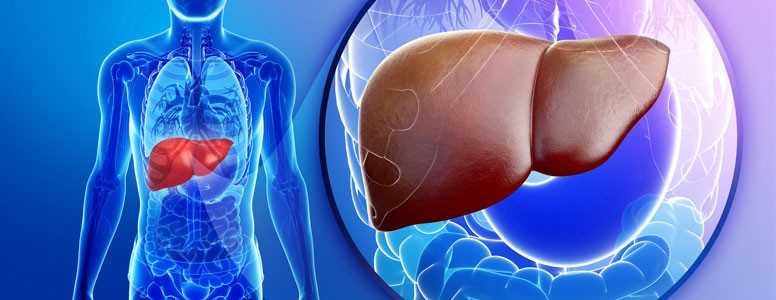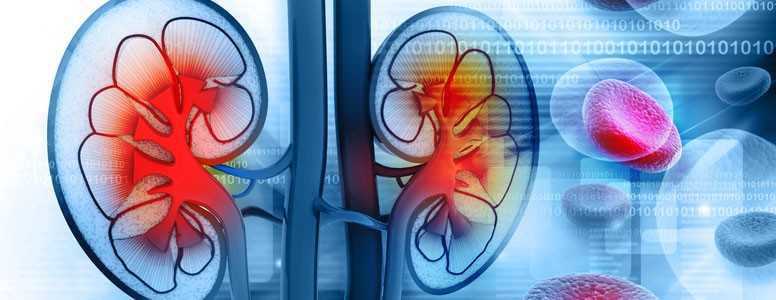A clinical trial is being planned in Sweden to test a new treatment for non-alcoholic fatty liver disease (NAFLD) and type 2 diabetes.
The treatment involves harnessing liver cells to burn accumulated fats, a natural process that could allow researchers to see how a number of diseases could be treated.
The announcement follows results of a recent study involving 86 people with varying degrees of fatty liver disease.
In this study, conducted by KTH Royal Institute of Technology’s Science for Life Laboratory research centre and Gothenburg University, scientists mapped the metabolic changes caused by accumulated fat in liver cells.
Some researchers believe that a build-up of fat in the liver, a primary characteristic of NAFLD, could also be responsible for people developing insulin resistance, and increase the risk of obesity and type 2 diabetes.
They combined data from the 86 participants with an analysis of a genome-scale model of liver tissue. This helped the researchers to pinpoint the precise metabolic changes which occur in liver cells because of fat accumulation.
It was discovered that accumulated fat was burned off when participants were given a drug “cocktail” that increases oxidation of fat.
“This mixture can potentially decrease the amount of the fat accumulated in the liver,” said lead author Adil Mardinoglu, a systems biologist at KTH. “There is no such drug available at present and we are planning for further clinical trials later this year.”
In the forthcoming clinical trial, a new mixture will be tested on participants, and researchers believe their approach used could be used to treat a number of chronic liver diseases, as well as diabetes.
“Considering NAFLD and diabetes are common conditions that regularly co-exist and can act synergistically to drive adverse outcomes, such a mixture of substances might also be used in the treatment of subjects with diabetes,” said co-author, Ulf Smith of University of Gothenburg.
The findings of this study have been published in Molecular Systems Biology.
What's new on the forum? ⭐️
Get our free newsletters
Stay up to date with the latest news, research and breakthroughs.





